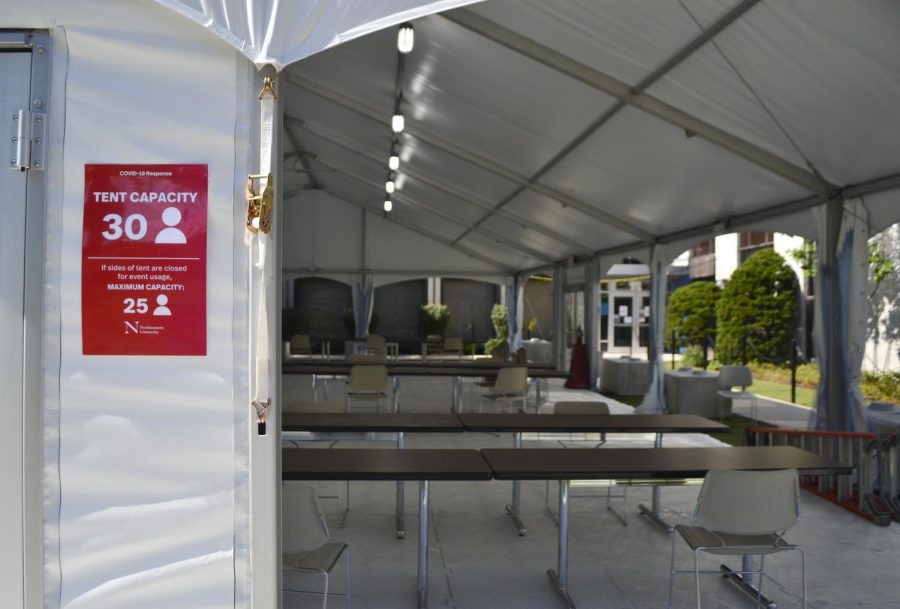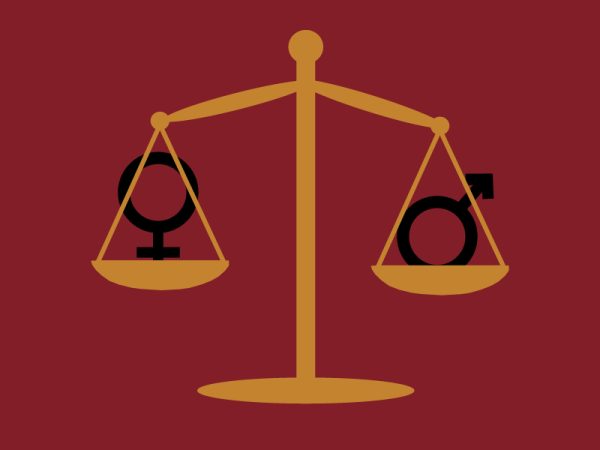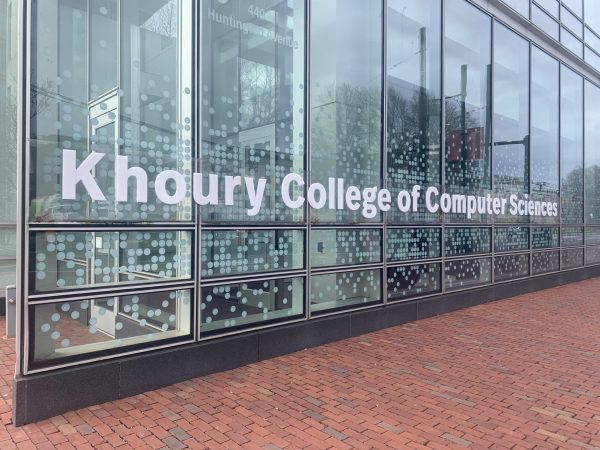NEU Gigs “golden snitch” posts spark debate around public shaming
A few of the “golden snitch” posts focused on students gathering in the tents set up around campus.
October 7, 2020
The popular Instagram account among students, @NEU_gigs, generated much controversy by creating a “golden snitch” section on its page where people can send in complaints about others violating COVID-19 safety guidelines.
@NEU_gigs is a page where students can offer and request services, sell furniture and old textbooks and promote their small businesses, among other things. Occasionally, the account creates temporary categories through which students can submit opinions and recount experiences.
Although it has since been removed, the “golden snitch” category started as a way for students to report locations where large groups of people weren’t socially distancing so others could avoid them. It soon turned into photos and videos of individuals not following safety precautions.
The reactions among students were mixed. Some believed the category was useful to stop the spread of the virus on campus, while others saw it as an opportunity to unfairly engage in the public shaming of students.
“I thought it was a good idea because I have yet to see anyone respond to directives from a university or school and actually treat them like they make a difference,” said Noah Colbert, a first-year mathematics major.“What I have seen people respond to is being called out by their friends or being confronted by people they actually interact with.”
Michelle D’Alessandro, a fourth-year business administration and design major, had similar thoughts.
“I don’t think putting something out there to shame or cancel a single person is effective, but at the same time, as a community, it’s good to have an idea of what’s going on,” she said. “I see it more as an awareness category than one used for shaming.”
However, second-year computer science and psychology major Seb Fousse had a different perspective. Fousse believes students should contact the university-sponsored tipline and services instead of broadcasting safety violations online.
“I think public shaming is a useful tool, but we have the hotline and there’s direct action that’s meant to come from that,” he said. “I understand the value of public humiliation, but if you see someone not wearing a mask, instead of taking a photo and trying to humiliate them online, just do something there so they’ll actually put the mask on.”
On Sept. 14, a photo of a student with their mask down to their chin inside the Curry Student Center was submitted to @NEU_gigs. The account posted the photo on their page.
“Taking a photo or video and posting it here won’t actually do anything positive. Alerting contact tracers and the school will. Public shaming isn’t gonna do anything other than create a toxic environment among students,” Fousse commented on the post.
In the comment sections of the Instagram posts, many students brought up the tipline Northeastern created for reporting unsafe gatherings. Some argued calling the tipline and formally reporting these situations was more useful than posting about them. Others mentioned the inefficiency they had experienced when calling the number.
Bouchra Benghomari, an RA on campus, commented on one of the posts about her frustrating experience with the tipline. She attempted to report a gathering of about 20 people outside of Stetson Hall West.
“The hotline is just a voicemail box that NUPD supposedly checks throughout the day,” said Benghomari. “It was an urgent situation so I was confused and I called the NUPD non-emergency line, and an officer told me, ‘Between you and me, we barely check that throughout the day.’”
Earlier this month, 11 students were dismissed after violating social distancing rules at the Westin Hotel, which houses first-years in the N.U.in program.
“In any situation, when you trust upon a new system to hold people accountable for a very new issue, it’s difficult to entrust them to handle everything properly,” D’Alessandro said. “I see that [‘the golden snitch’] can have its advantages outside of a hotline that doesn’t really help people.”
After a heavy amount of backlash and discussion, the owner of the page decided to remove the anonymity of the category. If a student wanted to report someone, they would have their names posted along with the complaint — a feature that incited further backlash.
“I thought that was ridiculous. People have every right to snitch without opening themselves to attacks, because they’re not the ones doing anything wrong,” Colbert said. “It’s more likely that there’s going to be retribution for people who snitch than for people actually putting the campus in danger.”
The removal of the anonymity of the posts only caused more debate in the comment sections of the page.
“The thing with these posts is that no one will fully understand the full context of those images. It’s all someone’s word against another,” Fousse said. “By not making it anonymous, the person who sends something to the page now has responsibility over what they’re saying.”
Shortly after, the owner of @NEU_gigs posted a poll on their Instagram story asking if “the golden snitch” should be removed as a category. Approximately 1,500 students responded, and the results showed 48 percent voted to keep it, while 52 percent voted to remove it.
Although the numbers were close, the owner of the account decided to discontinue the segment.
“I think there’s a lot more positive that can be done by getting in contact with the school and helping them out with the tipline than there is making passive-aggressive Instagram posts,” Fousse said.
Other students lamented the end of the section as they thought it would help increase safety on campus.
“Social pressure is important,” Colbert said. “These are just students who care about their education and are grateful to be on campus, which is an opportunity not many other students have. They are simply doing whatever they can to get the education they worked so hard for.”


















